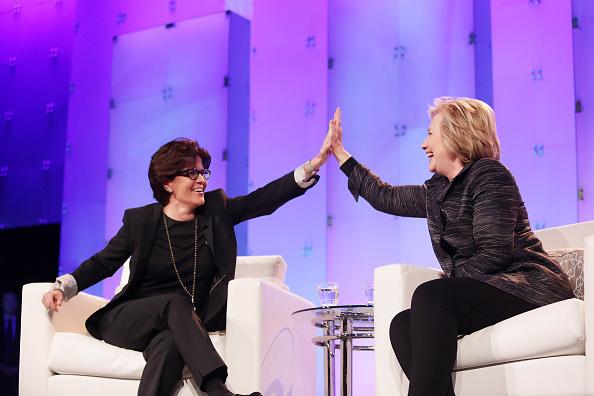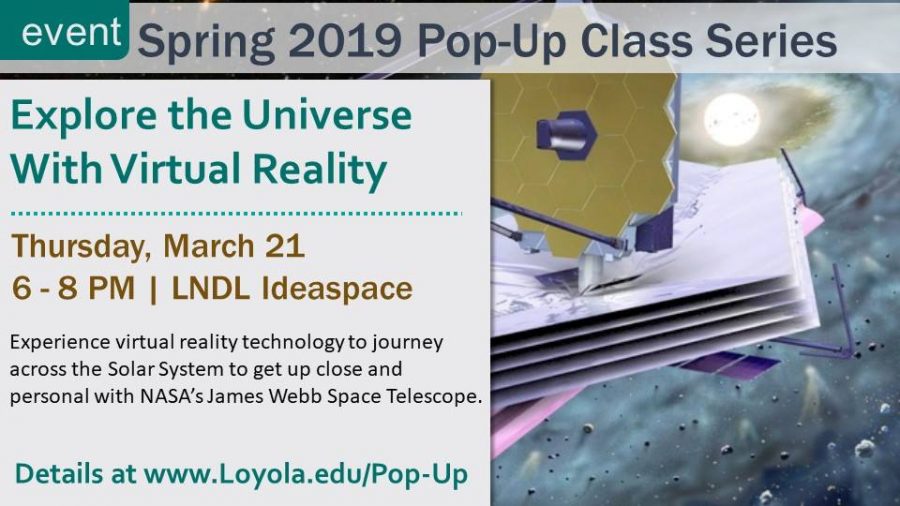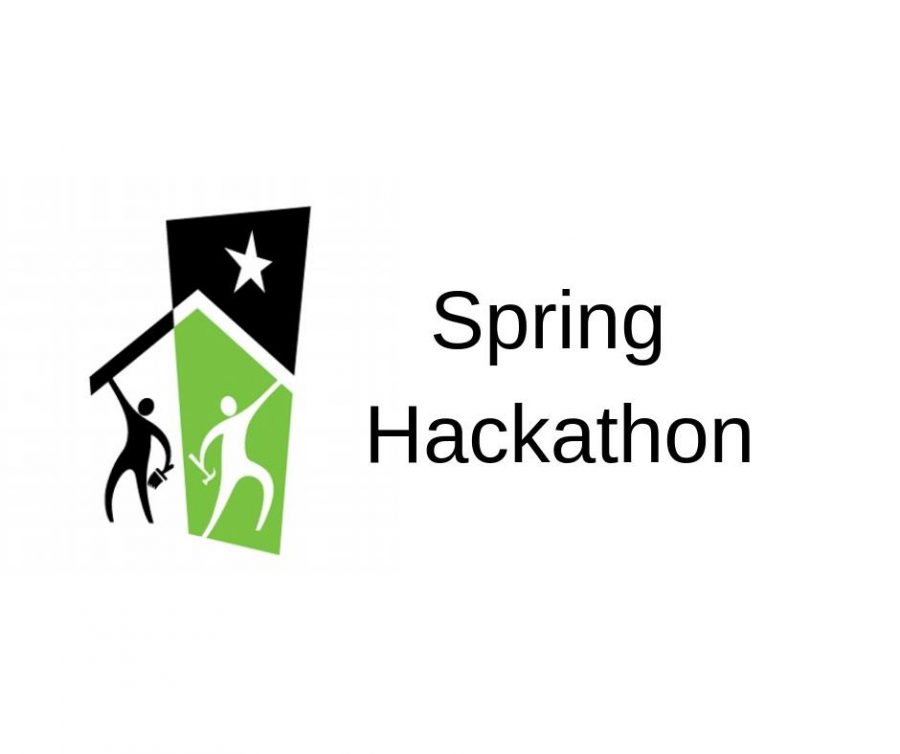On Monday, April 20 Kara Swisher gave her lecture “The Day the Internet Becomes Invisible” for theCommunication Department’s annual Clarence J. Caulfield Memorial Lecture. Swisher is the co-executive editor of Re/code, former writer for the Wall Street Journal and along with co-producer Walt Mossberg has produced conference D: All things Digital for the past 11 years and just started new venture Code Conference in 2014. She gave her insights on key trends in the technology industry and discussed where she believes media and technology will be going in the coming years.
Swisher started the lecture explaining that the real name of the lecture should be, “The Internet needs to Shut the F*ck Up,” because it seems that all we talk about is what the Internet is, but not what it can do for us. She went on to explain that the next age in computing “will be about feelings and not technology,” meaning that people will focus on how technological capabilities can change our behavior and our society.
After a brief introduction, Swisher went into the key trends that she sees for the technology world, an interesting perspective to hear from an industry expert who began covering digital issues at the height of the technology boom. The first point Swisher addressed was dubbed “The Buzzfeedization of it all,” where she explained how Buzzfeed’s infamous “listicle” style is affecting news coverage overall. She gave the example of Buzzfeed’s plethora of articles regarding the uncoordinated “Left Shark” during Katy Perry’s 2014 Super Bowl performance, which is clearly not “news” but is becoming what users expect to see out of their news source, which damages the field as a whole.
“The Buzzfeedization of it all” was also Swisher’s way of categorizing the trend of users getting news from a variety of platforms. Swisher explained that to get your message across, “you need to be promiscuous with your content- no one is going to your beautifully curated homepage” and encouraged content producers to spread their message so it reaches the right audiences. Those who don’t keep up with this changing process will fall behind, particularly those who do not have an accessible mobile site, which is now favored in Google searches.
Another important key trend that Swisher noted was entitled “It will be all about the brand” and stressed the importance of companies promoting what they stand for and who they are. Swisher explained that everything that is done at Re/code stresses the brand as a whole and that they strive to get all of their writers known as their own personalities so they can be “characters in people’s media universe” and have a bigger impact with the stories they tell.
This portion of the lecture also focused on celebrity branding, particularly that of mega-successful social media phenomenon Kim Kardashian. What exactly does Kim do right? Swisher noted how the sometimes notorious Kim K. has translated her television brand to social media almost seamlessly, and in a way that draws all of her new followers to her in an organic way, though she also acknowledged that Kardashian is “genuine in her fakeness.”
Swisher continued by explaining that the future of technology will be “geolocated” and that it will “never turn off,” two concepts that intertwined. In terms of geolocation, Swisher highlighted that we are heading for a world where we are always censored for our habits and that we need to become aware of how easy it is to track our movements. This tied into the idea that technology “will never turn off” as it infiltrates nearly all aspects of our lives, with apps like Meercat and periscope live streaming anything and everything, such as Swisher’s lunch in San Francisco to an eager 4,000 viewers.
One of Swisher’s last key trends “It will always be transmitting” encouraged writers and creators to go further than just posting a story if they want to see results. She stated that “the audience doesn’t stop at the story you write, it’s what happens afterwards,” and explained that the feedback after Re/code covered the Ellen Pao case is what led to more stories and a more engaging narrative.
Swisher’s lecture offered advice not only to journalism students, but to all members of the Loyola community who are affected by these ever-changing trends in technology. The technology expert left the group emphasizing the importance of becoming more literate in the technology field that dominates our lives, stating that “people need to understand the basics of coding like the basics of writing.” With one of the leading high-tech conferences under her belt, a Loeb Award to her name, and over 1 million Twitter followers, Swisher’s influence is in this digital age is an impressive one and her insights made for an engaging and lively discussion.
To read more about Kara’s opinions on the technology world, follow her on Twitter:
Photo credit:
http://cdn3-www.afterellen.com/assets/uploads/2015/02/GettyImages_464331612.jpg

















































































































